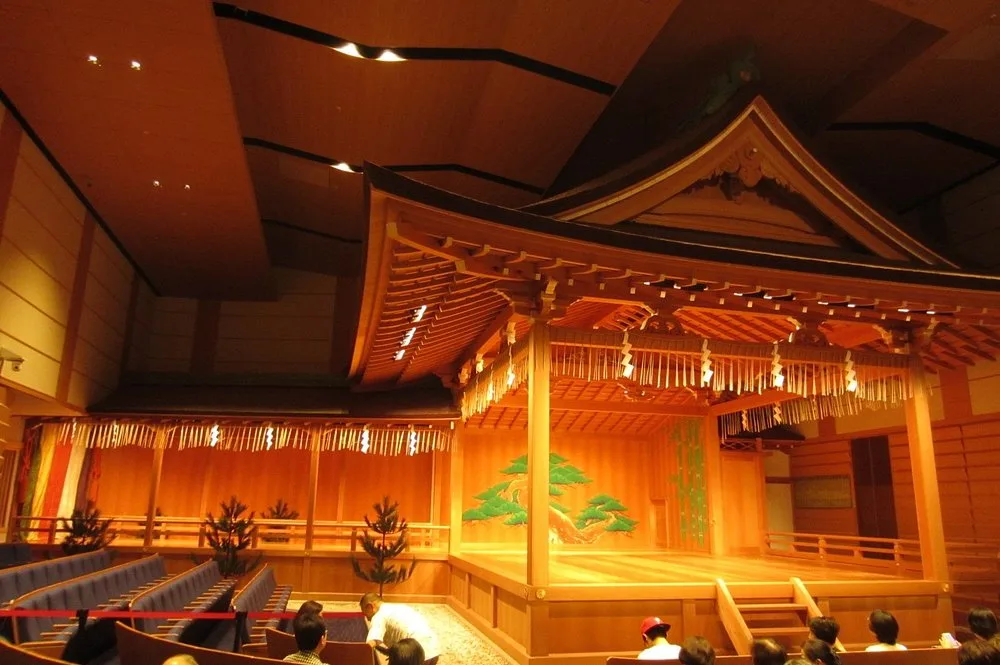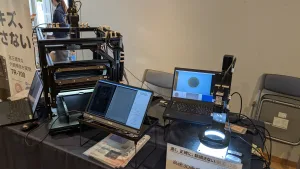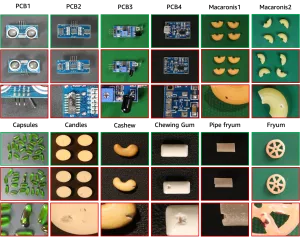「CEOメッセージ」能の一声に心が揺れる日 〜友と感じた静謐な舞台の力〜
A Day at the Noh Theater: Finding Resonance in a Timeless Art
The other day, I invited a friend to visit a Noh theater with me. I’ve always loved Noh and even practiced it for a while, but it was my friend’s first time seeing a performance. While they were curious, I couldn’t help but worry—Noh isn’t the easiest art form to understand, and I wasn’t sure if she would enjoy it.

But the moment we stepped into the serene space of the Noh theater, everything—the stage, the pine-painted backdrop, the roof, the audience seating—felt fresh and completely different from our everyday world. The first performance was a dance-narrative piece called Takasago. In the quiet, the Noh performers and musicians appeared on stage, and the chant “Takasago ya, kono urabune ni ho o agete...” echoed through the hall. The sound of the flute, small drum, large drum, and stick drum overlapped, drawing us into the world of Noh—an experience that remains vivid no matter how many times I witness it.
The tension and subtle shifts in atmosphere created by each performer on stage can only be felt in that exact moment. When I asked my friend afterwards for their thoughts, they said, “I was struck by that first chant—Takasago ya... It wasn’t the volume, but something that truly resonated deep inside.” From there, we talked about the parts that moved us, sharing impressions and gaining new insights from one another. It was a time away from work where we could express our honest feelings. I’m grateful for the stage of Noh and the friend who shared it with me. We promised to go again together, and now we have something new to look forward to.

Emotional Resonance Beyond the Stage
The emotional stirrings and newfound realizations I experienced through Noh resonate with the work I do every day. By stepping back from our usual perspectives, we often discover something new—ideas we hadn’t considered before. Sharing these moments of insight and emotion with colleagues or clients can become the foundation for the next step forward. I believe such small but meaningful accumulations are what lead to better work and more thoughtful service.


